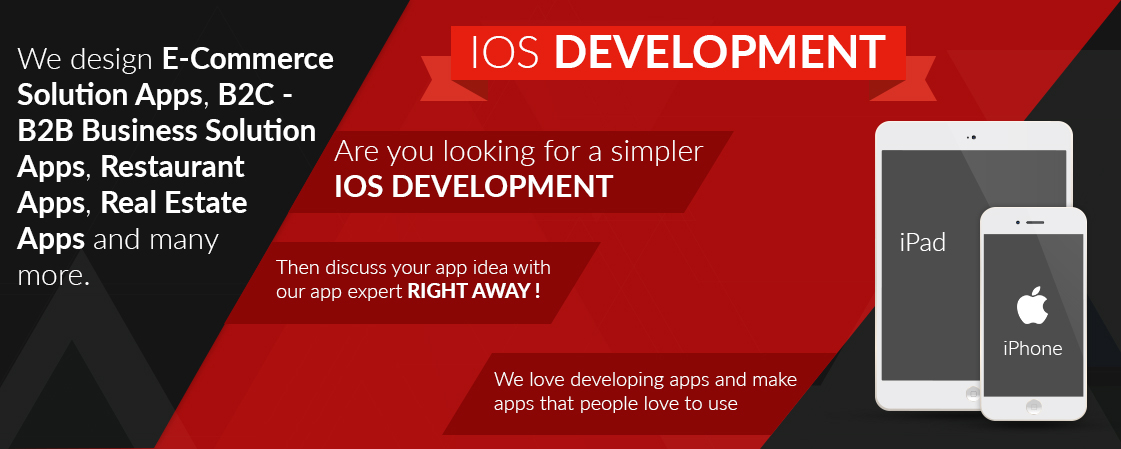There are many reason for creating an app: maybe there is a need of business app or you just have a great idea. Anyway, you have to start at the beginning.
In this blog, I'll address about the technology choices involved in Mobile Application Development, so you can be well informed to discuss options with your mobile app developer.
What are your options for mobile app development ? Initially, you have to determine what type of app works best for your needs: native or Hybrid.
Native Mobile Apps
The apps that likely come to mind when we think of apps are the Native mobile apps. These apps are developed to be 'native' to a specific platform: iOS, Android or Windows Phone. The benefit of a native app is that it make the best of user experience; the app will perform seamlessly because it's been designed specifically for that platform.
The drawback? If you like to build the app on more than one platform then you must start each one from scratch.
For example, if building for iOS, the developer will need to use Objective-C / Swift for which Xcode is the main tool your developer will use to create iOS native app.

Windows Phone, is back in third place. It is supported by Microsoft and is consider if building an enterprise app. Apps for Windows Phone are made using the C# or VB.NET languages. The tool used for building apps for this platform is Microsoft’s Visual Studio it is the most developer-friendly of the three main platforms.
PS: If you considering native app development then make sure the developer you hire has proven experience, not simply experience with programming.
Hybrid (PhoneGap) Mobile Apps

Hybrid apps are not as fast as native apps however, the potential for these app are certainly extensive as there’s an advantage in not having to build and maintain apps for separate native platforms, which involves significantly more time and resources. Like Facebook, for example, employs 300 designers and developers on its IOS team and 300 on its Android team.